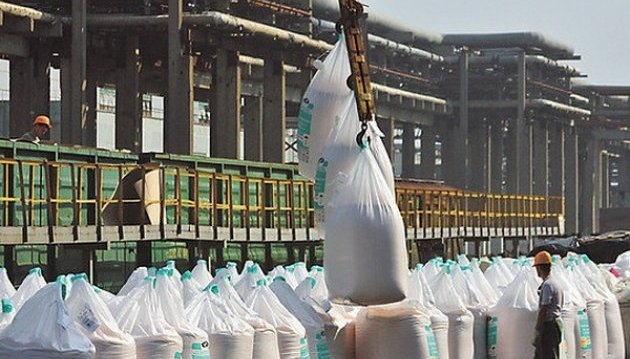Rabobank experts predict growth in global fertilizer prices in 2025

Experts from the Dutch Rabobank, which specializes in agriculture, expect global fertilizer prices to rise in 2025, which will reduce their availability and the purchasing power of farmers, World Grain reports.
"The RaboResearch index, which determines the availability of fertilizers, has turned negative, indicating a transition from a period of relative availability to a cycle of low availability, and this unfavorable scenario for the market will continue throughout the year," analysts note.
In addition, the fertilizer market expects the problem of reduced purchasing power, especially for nitrogen and phosphate-based products, which will greatly reduce demand for them in 2025.
In regions such as Africa, Australia, South America, Europe and the US, demand for fertilizers is quite stable, despite geopolitical uncertainty. India has been and remains a major buyer, although seasonal demand there has declined and fertilizer stocks have run out. But overall, market activity is decreasing and buyers are taking a wait-and-see approach.
Nitrogen and phosphate fertilizer supplies remain constrained due to changes in the global dynamics of major players and reduced exports from China, which may resume fertilizer exports in the second half of 2025 if domestic demand declines after the completion of fertilizing new plantings.
Markets are currently uncertain due to the threat of tariffs. Trade conflicts and duties will affect agricultural prices, which have been quite low for the past two years. Analysts believe that the greatest impact from the introduction of tariffs will be on producers in the United States, where political changes in the past year have led to fertilizer shortages and rising prices, a trend that could continue.
Global demand for fertilizers is expected to grow by 11% by 2030, driven primarily by countries in South America and South Asia.


